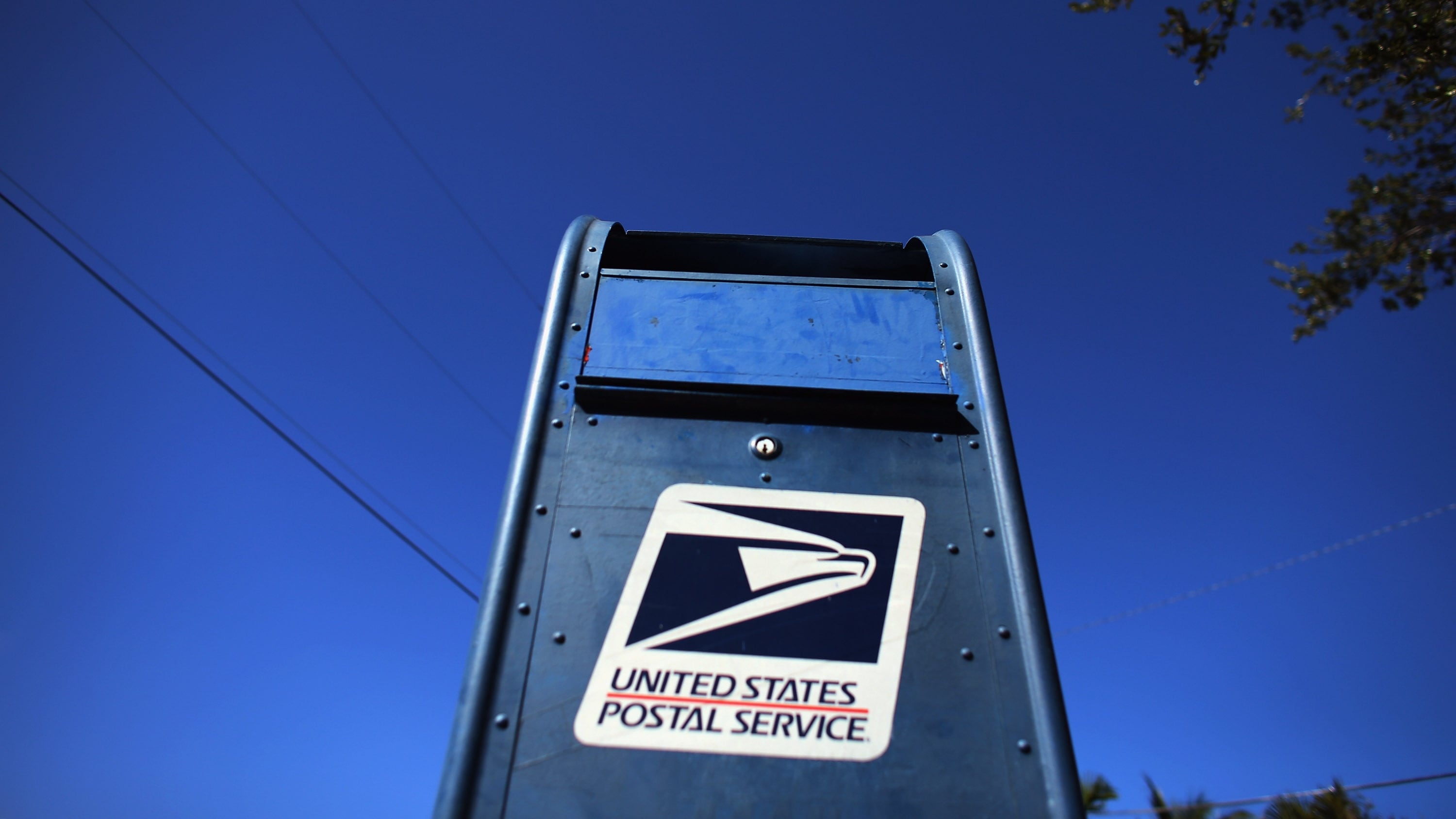U.S. Postal Service employees will still be able to request overtime and get it approved, according to testimony given by the new Postmaster General Louis DeJoy before the House Oversight Committee Aug. 24, but imperatives on truck schedules are still in place.
In early July, documents titled “PMGs expectations and plan” were reported to the public and contained plans to eliminate overtime because it was “not cost effective.”
USPS general counsel told members of Congress that the documents originated from a mid-level manager and were not an official representation of USPS policies, and DeJoy told the committee Monday that he did not plan to institute overtime cuts.
RELATED

According to DeJoy, the overtime rate prior to his assumption of leadership at the agency was around 13 percent and continues to operate at around that rate. He also said that increasing overtime was on the table for the agency to respond to increased demand in the two weeks leading up to the 2020 presidential election.
But the agency has still seen a significant drop in the amount of mail delivered on time since early July, according to a briefing that was given to the postmaster general Aug. 12 and publicly released by the House Oversight Committee Saturday.
DeJoy announced just days before that he would be backing off of many planned operational changes for the agency until after the election, but one change that was not addressed in that announcement was the push for delivery trucks to go out on time no matter what.
“It’s a fundamental premise of how the whole mail network is put together. If the trucks don’t run on time, the mail carriers can’t leave on time. They are out there at night, they have to come back and get more mail. Collection processes are late, plant processes are distorted,” DeJoy said.
“I see several billion dollars in potential savings in getting the system to connect properly and that’s why we ran out and put a plan together to really get this fundamental, basic principles. Run your trucks on time.”
Postal workers have said that the on-time truck initiative has been behind recent delays, and members of the committee relayed anecdotal reports from their own states claiming that trucks were sent out nearly empty while time-sensitive packages languished in sorting facilities, in order to keep trucks leaving on time.
DeJoy testified that the initiative was presented as a “request” to “just run your trucks on time, put a plan to run your trucks on time.”
DeJoy also pointed to employee availability problems due to COVID-19 as a factor in mail delays, as such availability was down three to four percent on average across the country, and as much as 20 percent in major cities like Detroit and Philadelphia.
Jessie Bur covers federal IT and management.





